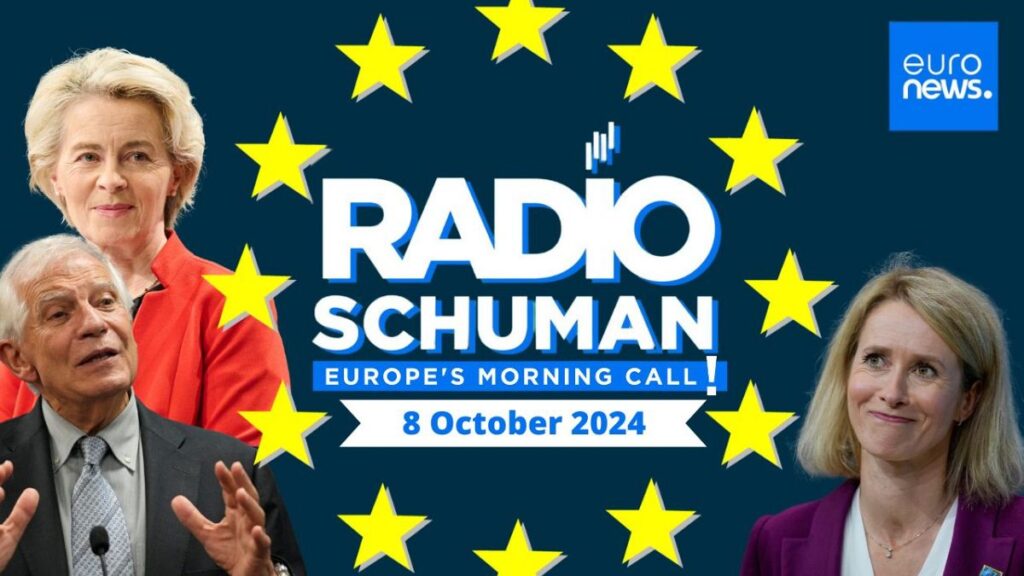How can the EU break the current deadlock in the Middle East? And what stance can we expect from the EU’s next top diplomat, Kaja Kallas? Radio Schuman spoke to Martin Konecny, director of the European Middle East Project.
Monday marked a year since the October 7 Hamas attack on Israel, which led Brussels to repeat its calls for a ceasefire and the immediate release of hostages.
One year later, Europe is still not on the same page, and in just a few weeks, Kaja Kallas, the former Estonian prime minister, will become the EU’s new foreign policy chief.
But Kallas is known to be less committed and outspoken on the Middle East than the current High Representative of the Union for Foreign Affairs and Security Policy Josep Borell.
So, what can we expect from Kallas, and how can the EU break the current deadlock in the Middle East? Martin Konecny, director of the European Middle East Project, an independent civil society hub on EU policy towards Israel and Palestine is our guest today.
On the EU’s daily menu, get ready for a first taste of Hungarian Prime Minister Viktor Orbán’s address to the European Parliament in Strasbourg.
Ahead of his big speech on Wednesday outlining his vision for Hungary’s six-month turn at the EU’s rotating presidency, Orbán will hold a press conference with MEP Kinga Gál at 2:30 pm today that could steal some of the limelight from a parliamentary debate on the EU’s car industry and… himself.
Lastly, Radio Schuman dives into one of the EU’s toughest challenges: a serious shortage of doctors, nurses and other healthcare pros. Curious about which countries rely most on foreign medical staff? Here’s a hint: Northern Europe’s where to look.
You can read the full story on Euronews Health.
Radio Schuman is hosted and produced by Maïa de la Baume, with journalist and production assistant Paula Soler, audio editing by Zacharia Vigneron and music by Alexandre Jas.
Read the full article here

